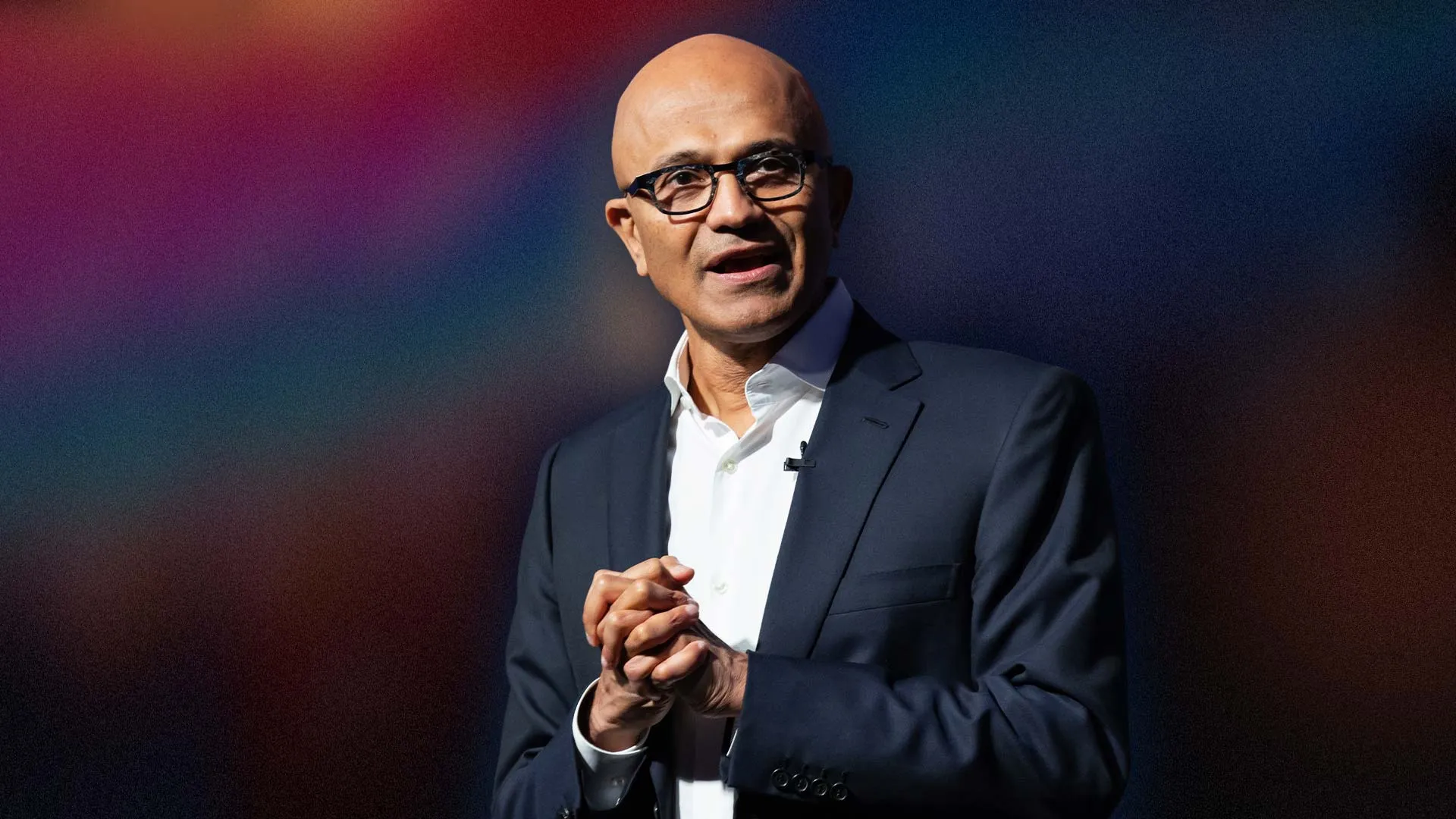
Microsoft CEO Satya Nadella to Testify in Google Antitrust Case In a significant development in the ongoing antitrust case against tech giant Google, Microsoft CEO Satya Nadella is set to testify as a witness for the U.S. Justice Department. This high-stakes legal battle has captured the attention of both the tech industry and the general public, with implications for competition in the digital marketplace.
The U.S. Justice Department, along with several state attorneys general, has been investigating Google for potential antitrust violations. The central allegation is that Google, which holds approximately 90% of the search market share, engaged in anti-competitive behavior by making substantial annual payments, reportedly around $10 billion, to smartphone manufacturers, including industry giants like Apple.
The Accusation
The crux of the government’s argument is that these payments constituted illegal monopolistic practices aimed at maintaining Google’s dominant position in the search engine market. By allegedly locking in smartphone manufacturers to pre-install Google as the default search engine on their devices, the government claims that Google hindered competition and stifled consumer choice.
Microsoft’s Involvement
Satya Nadella’s testimony is anticipated to shed light on Microsoft’s perspective regarding Google’s conduct. While Microsoft and Google are direct competitors in various areas of the tech industry, including search engines and cloud computing, Nadella’s testimony is expected to focus on the broader implications of Google’s actions on competition in the digital landscape.
Nadella’s Potential Testimony
Competitive Impact: Nadella may provide insights into how Google’s alleged practices have affected competition in the tech industry. Given Microsoft’s own experiences in navigating the competitive landscape, his testimony could highlight the significance of fair competition in driving innovation and benefitting consumers.
Consumer Choice: Another crucial aspect of the case revolves around consumer choice. Nadella might argue that consumers should have the freedom to choose their preferred search engine rather than having one imposed upon them by smartphone manufacturers. This could underscore the importance of ensuring a level playing field for all search providers.
Market Dominance: Microsoft’s experience in the late ’90s and early 2000s, when it faced its antitrust battles, could provide valuable context. Nadella may draw parallels between Google’s current market dominance and Microsoft’s past struggles, emphasizing the potential risks of allowing one company to control a significant portion of the digital ecosystem.
Economic Impact: The government’s claim that Google’s payments to smartphone makers amount to anti-competitive behavior may prompt Nadella to discuss the broader economic implications. He could argue that such practices can stifle innovation and hinder the growth of smaller players in the tech industry.
Conclusion
Satya Nadella’s upcoming testimony in the Google antitrust case adds an intriguing dimension to an already complex legal battle. As Microsoft’s CEO, Nadella’s insights into the competitive dynamics of the tech industry and the importance of fostering innovation could prove instrumental in the government’s efforts to address concerns related to Google’s alleged monopolistic practices. This case serves as a critical juncture in the ongoing conversation about the regulation of tech giants and their impact on the digital marketplace.

